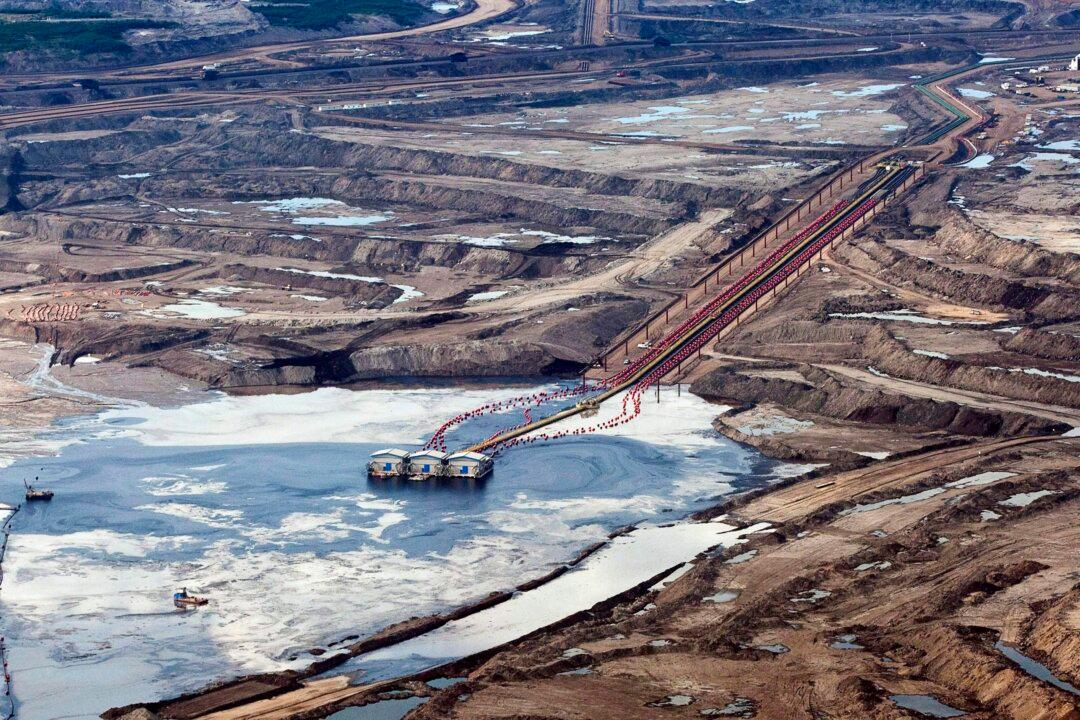The groundwork has been laid for a stronger Canadian economy in 2017—stable oil prices, infrastructure spending, an improving U.S. economy with potential upside from fiscal policy, and still very low interest rates.
Finally, a light can be seen at the end of the tunnel for the energy sector.
With the drop in energy prices in late 2014, oil companies reeled in investment spending. Alberta has lost about 140,000 jobs since December 2014.
Now, with the price of West Texas Intermediate hovering around US$50 a barrel, boosted by OPEC’s deal to cut supply, most economists expect business investment to pick up.
RBC expects fiscal spending and business investment to take the baton from the housing market as economic engines in 2017.
In its Dec. 7 statement, the Bank of Canada said, “The effects of federal infrastructure spending are not yet evident in the GDP [gross domestic product] data.” The measures and expenditures take time to work through the system, unlike the Canada Child Benefit. RBC estimates an increase of 0.4 percent in GDP due to infrastructure spending through 2017.
Most Canadian business executives believe the price of crude will be higher by the end of 2017. The Gandalf Group’s Quarterly C-Suite Survey of 155 executives from the largest Canadian companies, released Dec. 12, revealed that 69 percent think the Trump administration will be supportive of the Canadian oil and gas sector; however, only 13 percent have already adjusted their business plans in response to the upcoming change in administration.
It could take more time for some projects to become profitable by lowering costs and gaining efficiencies even with stable oil prices, said ATB Financial Chief Economist Todd Hirsch in an interview with BNN. He cautioned, “We don’t see the oilsands as an enormous driver of future investments in the province [of Alberta], at least not in 2017.”





